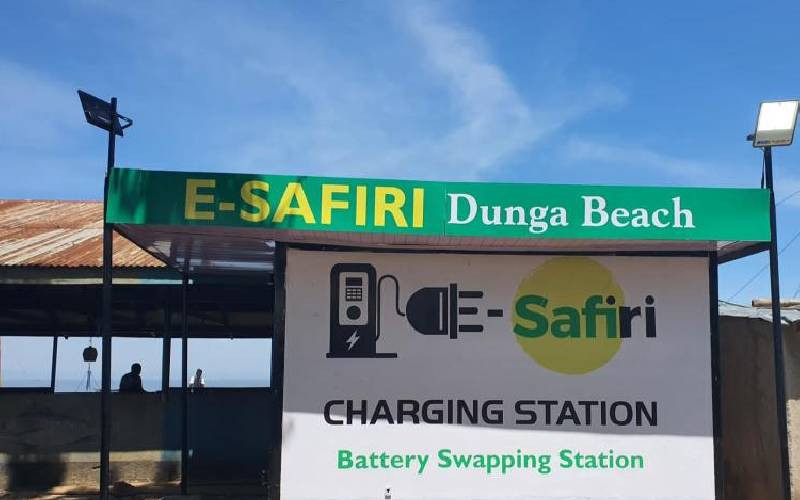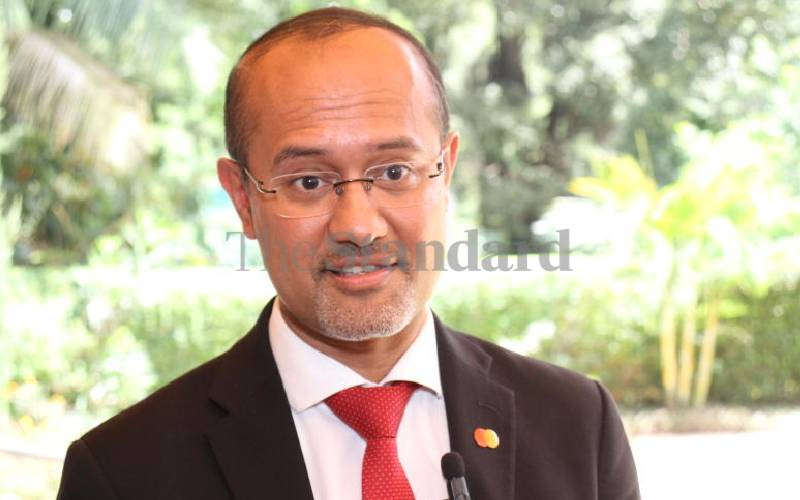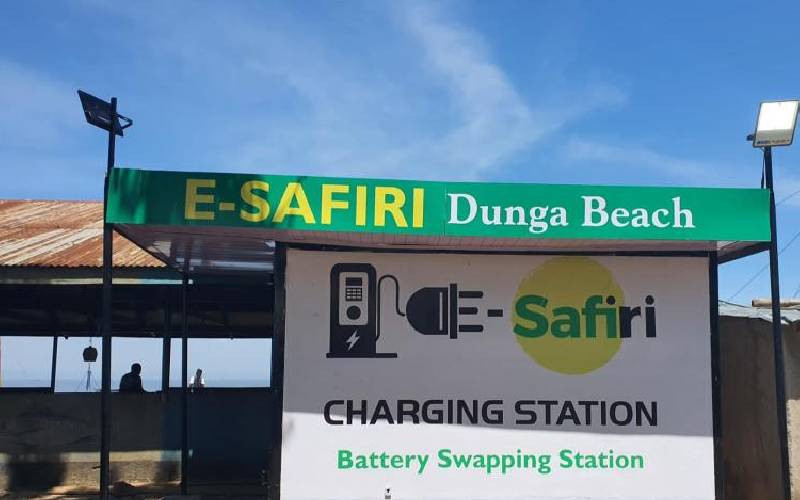
Two Kenyans Elly Savatia and Carol Ofafa are among four Africans who made it to the 16 global finalist entrepreneurs eyeing to win £50,000 (Sh7.6 million).
The four innovators and entrepreneurs, including two from Ghana and Uganda, will compete for the 2025 Africa Prize, which is run by the UK’s Royal Academy of Engineering and partly funded by the UK’s Department for Science, Innovation and Technology.
The other three finalists will receive £10,000 (Sh1.5 million) each and an additional £5,000 (Sh755,000) prize awarded to ‘One to Watch’. The prize is dedicated to fostering engineering innovation, with a mission to stimulate, celebrate and reward innovation and entrepreneurship across sub-Saharan Africa.
Savatia is an entrepreneur who created Terp 360, an app designed to support people who are deaf or hard-of-hearing.
Ms Ofafa founded E-Safiri, a battery-swapping service, providing a convenient and accessible solution for EV users.
Using AI and 3D avatars, Terp 360 translates speech into sign language with lifelike fluidity, setting it apart from other tools on the market.
To enhance the experience, Savatia’s team at Signvrse incorporated motion capture technologies and collaborated with deaf and hard-of-hearing Kenyans to record over 2,300 signs, including common phrases and words.
This ensures the app’s avatar feels human-like, relatable and relevant. By addressing the interpreter shortage and improving accessibility, Terp 360 has the potential to transform learning environments and create more inclusive spaces.
Since beginning the Africa Prize programme, Savatia and his team have secured a Google.org grant to support sign language dataset expansion and scaling.
Additionally, they have set up a presence in Rwanda at Carnegie Mellon University’s College of Engineering and further plan to pilot classroom and public service. Operating across four locations in Kisumu, the E-Safiri addresses a major barrier to electric vehicle adoption: the lack of home charging infrastructure, particularly in rural areas where many households lack electricity.
By providing charging and swapping cabinets for electric bicycle and motorbike batteries, E-Safiri eliminates the need for personal charging setups.
Each hub runs on solar energy and uses IoT-enabled batteries that deliver real-time updates, allowing for proactive maintenance. The finalists were chosen from a shortlist of 16, who each received a support package designed to help commercialise their innovations.
This included eight-month training programme tailored for entrepreneurs to turn their ideas into scalable, market-ready solutions.


